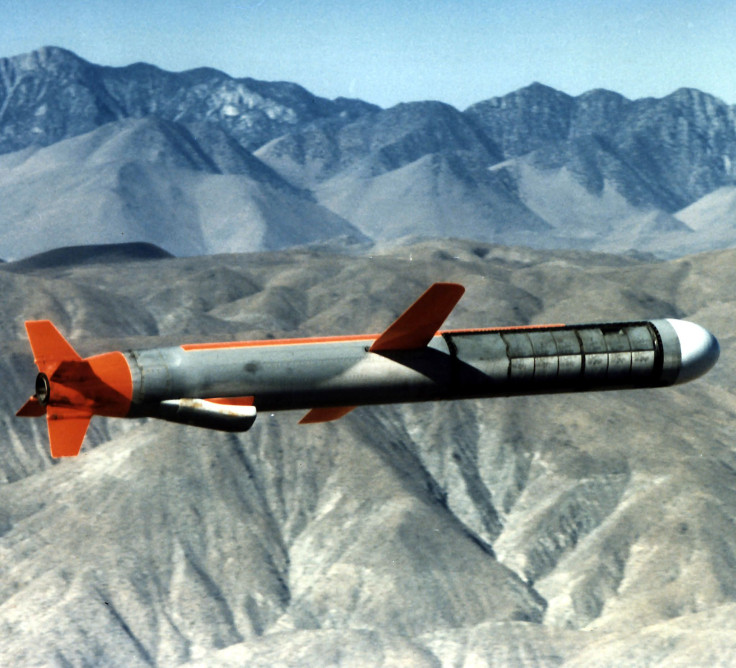Middle East Defense Spending More Likely To Rise Than Western Defense Spending, Amid Syria Concerns: UBS Note

Western defense spending is unlikely to rise on Syria concerns, but Middle Eastern governments may well ramp up military spending, according to a UBS AG (VTX:UBSN) note issued Friday.
“The increased threat level in the Middle East could cause defense spending to increase in Middle Eastern countries, particularly if supported by high oil prices,” the analysts for the Swiss bank wrote.
Whatever happens in Syria, from a limited strike to a full-blown ground war, U.S. and European defense budgets would likely remain mostly the same, they wrote.
“Although the risks are increasing, we believe that defence budgets are constrained by a) government deficits and b) public apathy to intervention,” read the note.
In August, the U.S. Treasury reported a $607 billion budget deficit so far for the fiscal year ending Sept. 30.
For 2012, combined fiscal deficits for the 27 European Union governments came to 514 billion euros ($676 billion), or 4 percent of collective gross domestic product, according to the latest Eurostat figures. That’s down from a recent peak of 807 billion euros in a collective yearly deficit for European nations in 2009.
“We do not see the likely events in Syria having a direct material effect on companies in our universe,” read the note, which focused on British defense titan BAE Systems PLC (LON:BA), one of the world’s largest defense companies.
But companies like BAE, who account for about 20 percent of military sales to the Middle East so far in 2013, according to UBS, are well-placed for the near future.
Defense orders from Saudi Arabia are ramping up, they wrote, with additional prospects available in the United Arab Emirates and Bahrain.
For their latest six months, BAE Systems claimed operating profits of 750 million pounds ($1.17 billion), though they lost 2 pence in earnings per share from the year before.
“The Group continues to develop its business in Saudi Arabia,” the company noted in its financial statements earlier this summer.
Sales and order backlogs for the company’s international unit rose from the year before. BAE also helps train the Royal Saudi Air Force through an academy in Riyadh.
Other companies that could likely profit from military business related to Syria include Raytheon Company (NYSE:RTN), which sells Tomahawk missiles.
The Russian arms industry is also a major supplier to the regime of Syrian President Bashar Assad, noted Citigroup Inc. (NYSE:C) analysts in a recent research note, having delivered many surface-to-air missiles to Assad in recent years.
U.S. budget sequestration from earlier this year squarely impacted defense companies worldwide, as U.S. government defense spending fell by $46 billion through this fiscal year, according to Reuters.
The U.S. Department of Defense asked for $167 billion to spend on major weapons systems alone this year, according to April 2013 budget documents.
© Copyright IBTimes 2024. All rights reserved.












